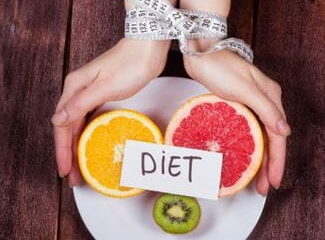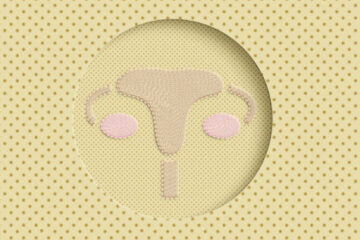What works in the long term?
Finding a quick easy solution to losing weight is something that a lot of people fall victim to. It is important to remember, that anything that sounds ‘too good to be true’, probably is. We need to shift our mindset from ‘quick fix’ to ‘sustainable lifestyle change’ mindset. These diets that eliminate food groups, promise rapid weight loss of more than 4kg per week, recommend magical fat-burning effects of foods, ‘detox’ diets and those that recommend the same diet for everyone without accounting for specific needs are what we refer to as a FAD diet.
According to the BDA ;
“A fad diet is the kind of plan where you eat a very restrictive diet with few foods or an unusual combination of foods for a short period of time and often lose weight very quickly”. They often promise short quick fixes and are certainly not sustainable for the long run…
So why is it that we are looking for the next crave when it comes to nutrition and weight loss? We tend to overcomplicate it so much, where it really should be easy, practical steps to follow for the rest of our lives.
We need to stop looking at food as the enemy, but rather view food as nourishment for our bodies. To fuel our bodies, to have energy, for concentration, to sleep well, to increase our confidence and most of all to enjoy the food we eat.
So when it comes to weight loss? What actually works?
Here are my top 8 tips for achieving sustainable weight loss:
1. Set small, achievable goals every week.
- Choose three changes per week you’re going to focus on. Focusing on too many changes at once can be overwhelming and create a barrier to achieving long-term success.
2. Consume healthy balanced meals. I love Canada’s food guide, it is a powerful visual of how the distribution of food groups on your plate should look like for lunch and dinner.
- A balanced meal is one that incorporates all the macronutrients: proteins, carbohydrates and fats. Aim to fill ½ your plate with vegetable, ¼ with lean proteins / plant proteins , ¼ wholegrain carbohydrates and choose healthy fat options such as olive oil, avocado, nuts and seeds:

Picture Source: Canadian Food Guide
- A balanced meal will ensure that you have a steady blood sugar release, which will avoid any energy ‘crashes’ you might be experiencing. It will ensure that you are getting in your daily recommendations of micronutrients and energy to fuel your day.
3. Increase fibre intake
- What is fibre?
-
- Fibre is made up of the indigestible parts of plants that go through our stomach and intestines. Fibre plays an important role in maintaining a healthy gut as it has the ability to act as a prebiotic (substances that alter the types and activities of the ‘good’ bacteria that live inside the gut).
-
- Recommendations The daily recommendation for fibre intake is between 25-30g per day. Food sources that are high in fibre include wholegrain, fruit (leave skin on), vegetables, legumes such as beans and peas and potato (leave skin on).
4. Portion sizes
- Ultimately, we could be eating the healthiest foods, but at a quantity that is far too much and exceeds our daily energy requirements. It is important to seek out for help from a registered dietitian to ensure that you know what quantities of foods you should be eating at each meal. Every individual is different, and requirements differ from individual to individual.
- As a general rule of thumb, you can use the hand model. The portion control hand method suggest a palm portion of protein and a fist full of vegetables, fresh or frozen. When it comes to carbs, one fist serving is recommended and 1 thumb serving of fats.

5. Be careful with liquid calories
- These up the calories without us even realising. Let’s not drink our calories but rather eat them from nourishing food sources.
6. View food as nutrients, not calories.
- When we change the way we view food, our relationship with it improves. Let’s look at food as a means to fuel our body and not punish it. Food is there to be enjoyed.
7. Increase physical activity
- Physical activity is so important when it comes to our mood, weight loss journey, longevity and confidence. Physical activity helps to create an energy deficit which is needed when it comes to weight loss. Find an activity that you enjoy, and slowly increase the duration and frequency over time. Try to aim for 30 minutes of activity 5 times per week.
8. Seek advice from a Registered Dietitian
- Registered dietitians are there to help and guide you every step of the way, in an evidence-based manner. Another benefit from seeking out a dietitian is that it holds you accountable. Here at Dietitian Fit we are with you every step of the way on your journey!
Written by: Jenaed Brodell, Registered Dietitian







